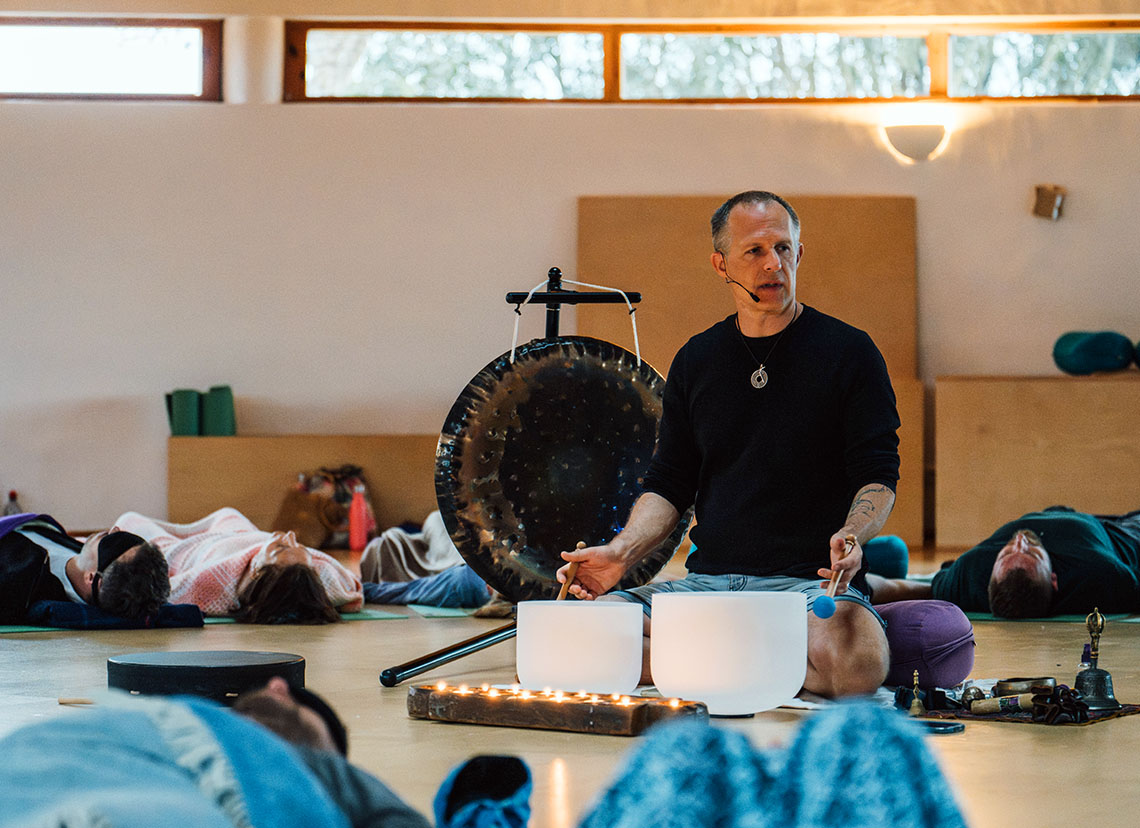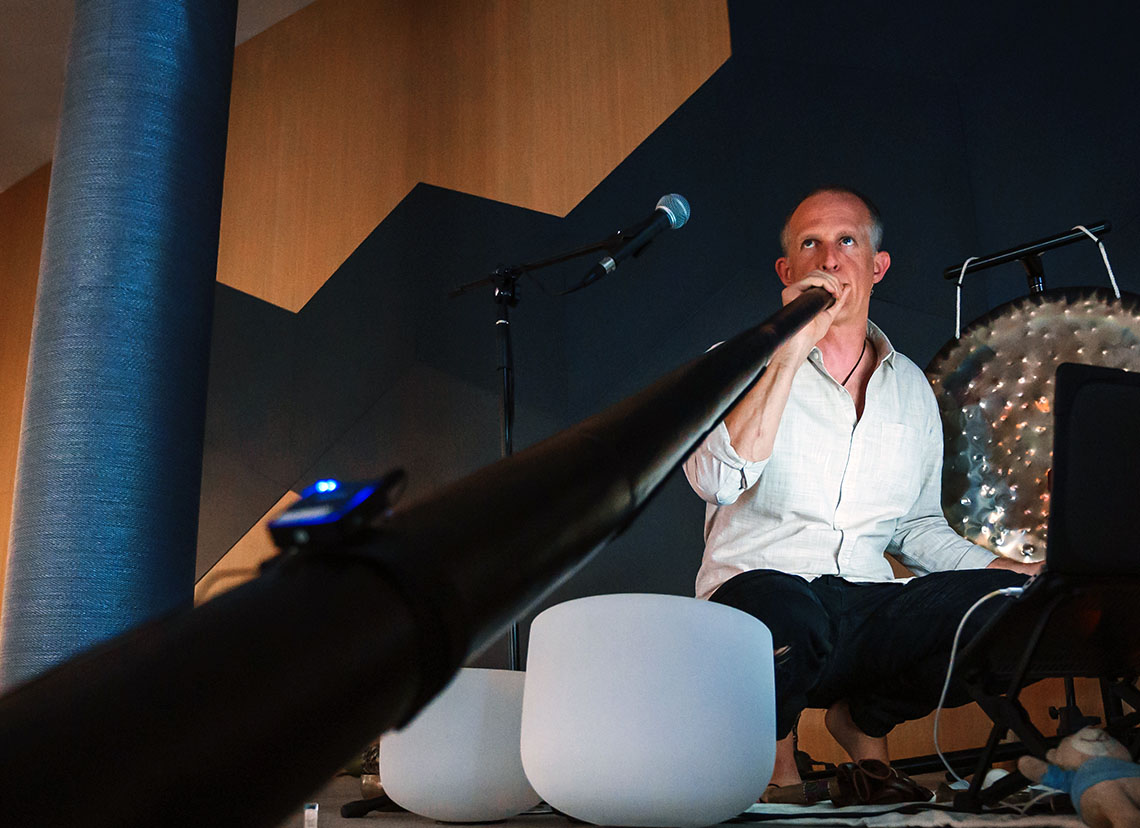While uncomfortable and confronting at the time, emotional triggers are messengers that can raise awareness of trauma wounds and work as a catalyst for healing and great change.
‘Being triggered’ might not be a pleasant process, but awareness of how to manage people that trigger you is one of the most beneficial things you can do for a positive mental health journey.
What does it mean to be triggered?
Triggers are thoughts, memories, events or experiences that cause an instant and severe emotional reaction. These prompts immediately shift the experienced emotion to anger, irritation, fear or sadness regardless of the current mood or situation. Triggers can also present in physical symptoms like a pounding heart, nausea, sweating or dizziness.
It might be easy to avoid places and situations that trigger you, but when the trigger is a person, simply removing them from your life isn’t always an option.
Triggers are often indicators of deep past trauma. It’s therefore important to learn how to deal with people who trigger you to help you move forward with positive mental health into the future. Here are nine ways to deal with people who trigger you.
1) Identify that you’re triggered
The first step in dealing with someone who triggers you is understanding that’s what has happened.
A work colleague speaking too loudly on the phone or failing to clear their dishes in the office can often be a sign of irritation rather than an emotional trigger. Identify what happens when you’re triggered and clearly confirm that’s what’s happened.
2) Identify why someone triggers you
If someone makes you feel a certain way or makes you angry and you don’t know why, it’s harder to respond appropriately. If you can’t identify the specific trigger, you’re more likely to hold the emotions inside leading to negative and unhelpful behaviour patterns such as unexplained rudeness.
If you recognise you’re triggered but don’t know why, it might be worth seeking psychological support to understand your triggers in more depth.
3) Pause and remove yourself from the situation
Triggers can occur with little warning or time to prepare. As soon as you notice the trigger, pause and remove yourself from the situation. take a walk or find a quiet place to process the incident away from the person who’s triggered you.
4) Feel the emotion
It doesn’t matter how uncomfortable you feel, pushing emotions to one side is a recipe for disaster!
We strongly encourage you to identify the primary emotion you feel rather than scream and shout and respond in anger. Anger is usually a secondary emotion caused by sadness, fear, rejection or vulnerability so it’s important to identify the primary emotion and give yourself space to feel this until the heightened emotion has passed. Consider meditation, a walk outside in nature, or taking yourself to a quiet space for some deep breathing exercises.
5) Breathwork
Once you’ve removed yourself from the situation, find a breathing ritual to help release the emotions. If you miss this intentional step to process and remove the experience from your conscious, the negative energy is likely to impact every area of the days that follow.
6) Remind yourself of the truth
While listening to the messages a trigger sends is an important part of emotional healing, these messages aren’t always true for your life today. If someone’s cologne or accent triggers feelings from a previous memory, the truth is that the person isn’t the direct reason for your response. Assess each trigger on its own merits and decide if it’s the person that’s a trigger or just something they do. Delve a little deeper to bring your unconscious reaction into today’s conscious world.
7) Allow yourself to receive love
Love is such an important aspect of healing emotional wounds. Allow yourself to draw love from wherever you can get it. This might be a spiritual power, spouse or family member, a mentor or even a pet. Whatever you’re feeling in the moment, you deserve to be loved and knowing, believing and feeling this will overcome any emotional challenges you’re facing in the moment.
8) Give gratitude
If you can’t give gratitude for the situation you’ve previously been in, dig deep and try and find gratitude for the triggers that provide you with the opportunity to heal and grow. Learning to live with those who trigger you isn’t an overnight process. While it might be a difficult step at first, as you progress along your journey you’ll realise your triggers are the biggest gift as they identify areas that need work for a healthy emotional future.
9) Create boundaries
Ultimately, you can do all the work needed to protect yourself and deal with triggers positively, but some people need boundaries. If a family member, social acquaintance or colleague’s behaviour triggers you, you have every right to set boundaries to protect your own energy. This might mean moving teams or arranging social catch-ups outside of when they’ll be there. And that’s something you never need to feel guilty about.
Identifying and working through emotional triggers is a significant part of the journey towards positive emotional health into the future.
To find out more about identifying and managing triggers, contact us today.




